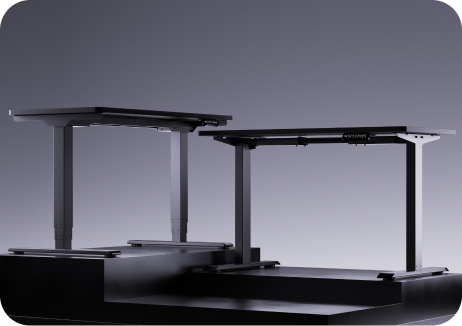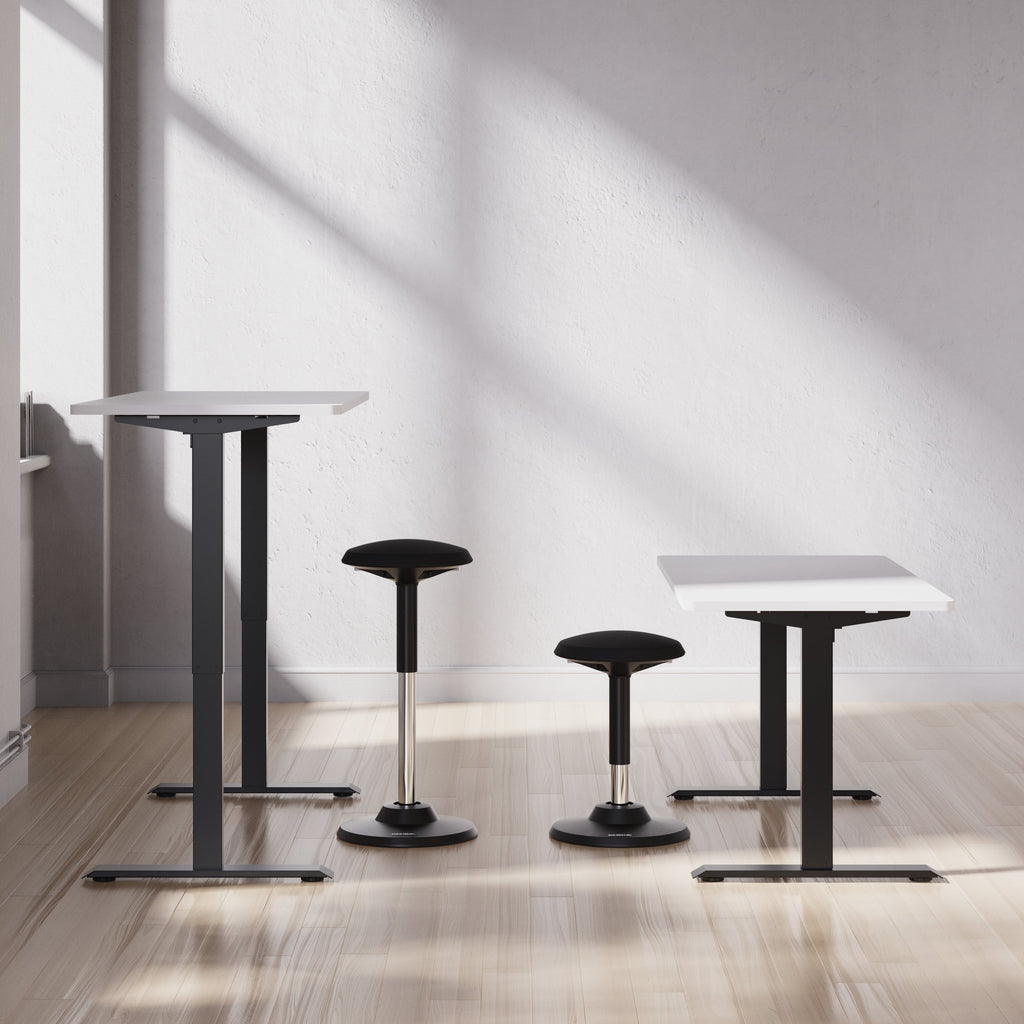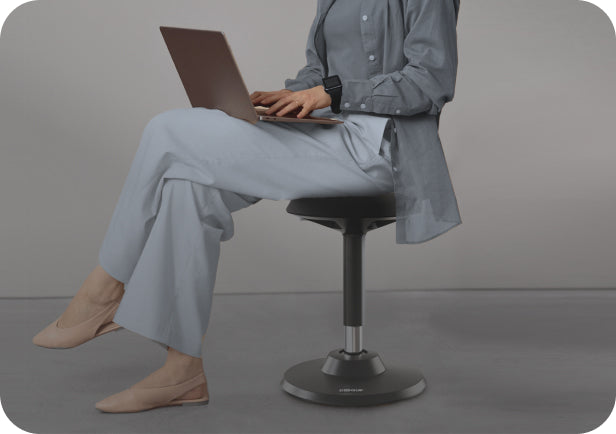Saving energy at work: You have these options

Energy prices in Germany have risen rapidly in recent years. In many cases, oil and gas in particular now cost twice as much as they did three years ago - an enormous burden, especially for small businesses and medium-sized companies. In order to reduce the load a bit, saving electricity in the workplace has become a big topic - in this desqup blog article we look at how you can best implement it!
There are ways to save energy in the workplace
In a company with many employees , there are many undiscovered " electricity guzzlers " that are a drain on the company's wallet. Even if it's just a small, permanently lit lamp, in the long run, that much money disappears into thin air. Digitization makes things even more difficult because there are more and more devices in the company. Computers, screens and the like can quickly become small power guzzlers .
Specifically, in this article we look at the following potential for saving energy in the workplace:
- lighting in the workplace
- Correct setting of the heating
- Smart home to save energy
- Air conditioning & cleaning of the air conditioning system
All of these points are always related to conscious behavior on the part of employees. For example, computers should always switch to stand-by mode after a short time, because they use significantly less power that way. Even if you dress a little warmer instead of turning up the heating, you already contribute a lot to lower energy and heating costs .
In the following paragraphs we will take a closer look at what needs to be considered in the specific categories !
Lighting at the workplace: There's energy saving potential here
Lighting at the workplace accounts for a large part of the energy consumption in many companies. In recent years, the price per kWh of electricity has more than doubled, which is also noticeable in small companies. Especially in the cold and dark season, a few more lamps are always switched on, but this is often exaggerated. Everyone is probably familiar with the far too bright fluorescent tubes that almost blind you when you arrive at work in the morning.
The first big, important step is the switch to LED lighting throughout the office building. Already in this way high energy costs can be saved, since LED lamps are worlds more efficient than the normal, old light bulbs. If a company replaces all conventional lights with LEDs, it can save up to 80 percent in electricity costs. In addition, the small bulbs produce a much brighter and more pleasant light than the old fluorescent tubes that were often used in the office.
Important: With all energy-saving measures at the workplace, the actual work must not suffer as a result. If it is too dark in the office, it will strain your eyes and your concentration will suffer. Therefore, make sure that the occupational health and safety specifications are always met despite energy-saving measures.
These tips also help to save energy in the workplace with regard to lighting:
- Motion detectors: Lamps in rooms that are rarely used can be controlled by motion detectors. So they don't stay activated longer than needed. This is useful, for example, in the toilets or in the corridor
- Smart home control: If you can control all the lamps in your office with your cell phone, then it will no longer happen that a light remains switched on unintentionally. In addition, you can usually set up when the lamp should switch on or off automatically
- Windows: If possible, you can point out to your employer that he could install additional windows in his business premises. Ceiling windows save a lot of energy because they let a lot of light into the workplace even when the weather is cloudy
- Solar systems: Large offices in particular are usually long, flat halls with a huge roof area. Perhaps you can point out to your employer that these areas can be used for solar panels. A lot of energy is produced in-house and the company usually also benefits from tax advantages
In addition to the right lighting at the workplace, it is also important that you work ergonomically and sustainably for your body. Sitting for a long time on uncomfortable, old chairs damages your back and also affects your concentration and performance. At desqup, we have made it our goal to make ergonomic office furniture available to everyone. The desqup Pro, for example, is a height-adjustable desk with all the important functions at a fair price.
For more information, please have a look at the clear desqup website !!
Heating & air conditioning
Next, let's look at another item that is a big part of saving energy in the workplace – heating & air conditioning . Both are large consumers of energy , in the case of heaters in terms of electricity, of course, especially electric heaters such as infrared heaters .
Finding the right temperature in the workplace is one of the most important steps towards saving energy. According to experts, the perfect working temperature in the office is between 18 and 22 degrees Celsius, and it is lower for more active activities. We have written our own guide to the perfect temperature at work, which you can find in the desqup blogs.
In order to protect the environment and the company's wallet, the heating should not be turned up too high even when the outside temperature is cold. So dress warmly or bridge particularly cold days with a small fan heater or an electric heater. In this way, heat gaps are closed and the entire office does not have to be heated up because of one person.
In order for the air conditioner to work efficiently in the summer, it must be serviced in the winter or spring. Cleaning is the most important thing when it comes to energy efficiency. If the slats and gaps in the air conditioning system are dirty, it cannot work efficiently in the summer and needs more electricity than usual - so precautions should be taken in winter. A smart control can also be easily installed in the air conditioning system, which automatically adjusts the performance of the device to the outside temperature . So it cannot happen that too much cooling capacity is called up.
Conclusion: save energy at work
Every employee can do their small part to ensure that not so much electricity is consumed at the workplace . It doesn't matter whether it's adjusting your own heat requirements or setting the PC correctly, if all employees help together, everyone benefits equally. The switch to LED and the installation of solar panels is primarily a matter for the boss, but you are welcome to point it out to your manager to speed things up!





























